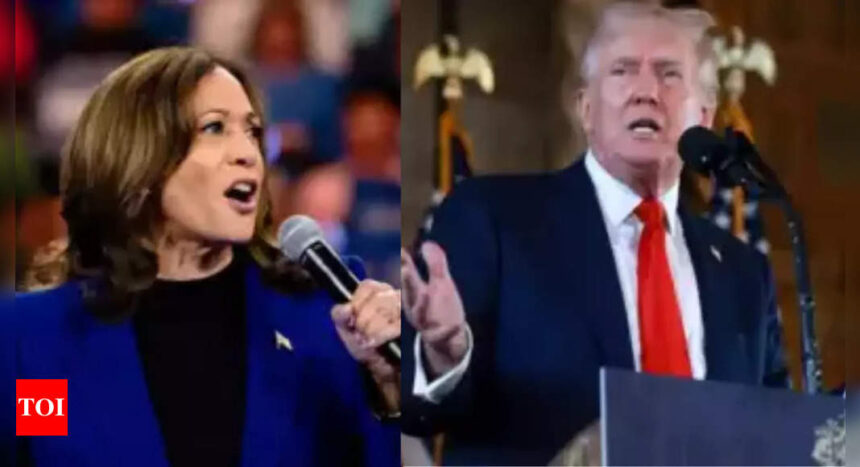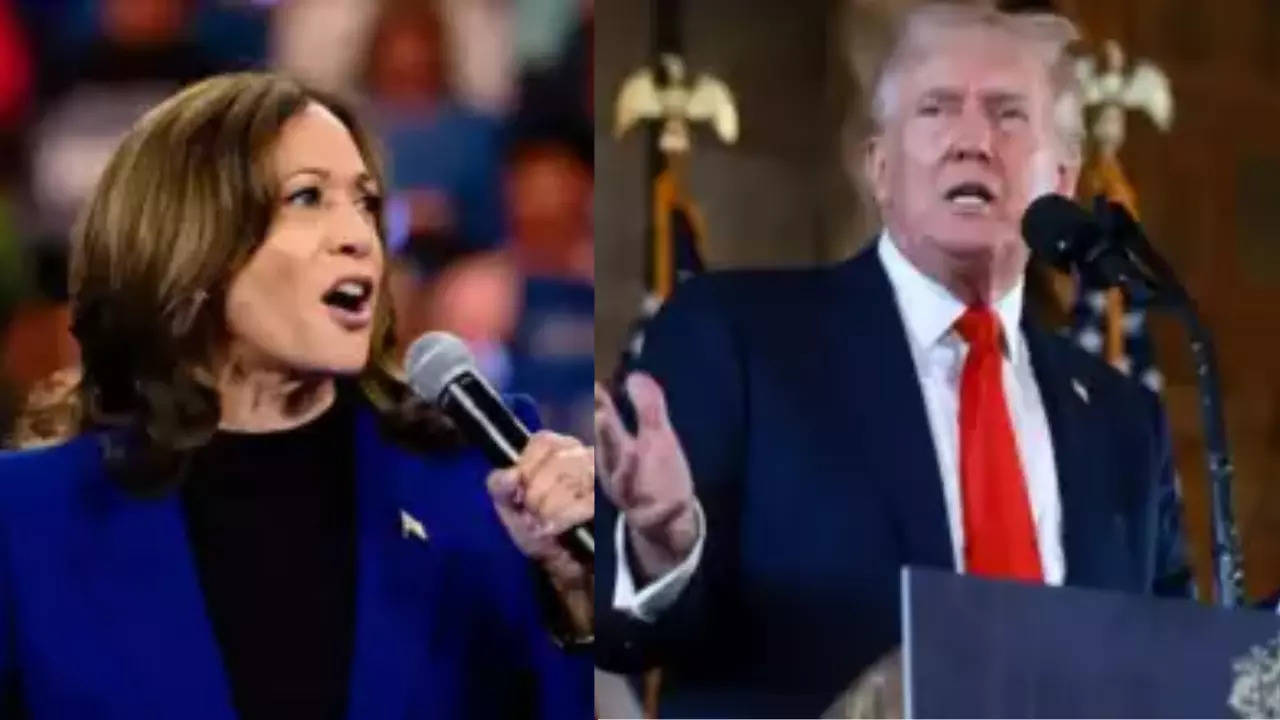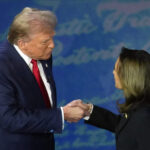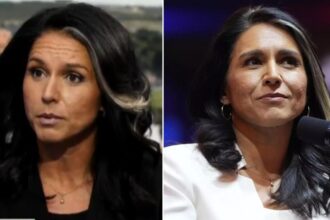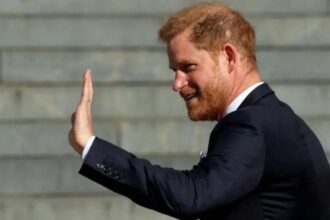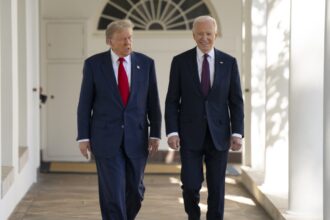The anticipation for the first presidential debate between former President Donald Trump and Vice President Kamala Harris on Tuesday night is sky-high, with betting markets already identifying Harris as the likely winner of the showdown.
According to the Fox News, traders on Polymarket, a popular prediction platform, gave Harris a 75% chance of dominating the debate, compared to Trump’s 25%.Similarly, BetUS favored Harris with a 68.75% chance of success, leaving Trump trailing with odds of 39.22%.
While Harris is predicted to take the upper hand in the debate, there’s a twist—Trump is still favored to win the overall election. According to BetUS, Trump has a 54.55% implied probability of securing victory in the presidential race, compared to Harris’ 52.38%. Polymarket echoes this sentiment, giving Trump a 52% chance of winning the election, with Harris at 45%.
These forecasts create an intriguing paradox: The vice president is poised to win the debate but faces an uphill battle in the broader race. Real Clear Politics’ average of six betting markets shows Trump leading Harris with a 51.7% chance of clinching the presidency, compared to her 46.7%. However, PredictIt offers a slightly different take, giving Harris a 53% chance of winning the election and Trump a 52% chance.
Debate impact versus election reality
Rutgers University’s Harry Crane, an expert on prediction markets, explained the apparent disconnect. He pointed out that platforms like Polymarket often rely on polling data from Ipsos/538, which tend to lean more liberal, favoring Harris in debates. However, Crane suggested debates may not drastically sway election outcomes unless they are particularly one-sided.
“There are two questions going on here,” Crane said. “One is, how much do the debates matter? The other is, does the poll about who won the debate actually reflect who won the debate?”
While Tuesday night’s debate may set the tone for the coming weeks, the broader battle for the presidency remains a far more unpredictable affair.
According to the Fox News, traders on Polymarket, a popular prediction platform, gave Harris a 75% chance of dominating the debate, compared to Trump’s 25%.Similarly, BetUS favored Harris with a 68.75% chance of success, leaving Trump trailing with odds of 39.22%.
While Harris is predicted to take the upper hand in the debate, there’s a twist—Trump is still favored to win the overall election. According to BetUS, Trump has a 54.55% implied probability of securing victory in the presidential race, compared to Harris’ 52.38%. Polymarket echoes this sentiment, giving Trump a 52% chance of winning the election, with Harris at 45%.
These forecasts create an intriguing paradox: The vice president is poised to win the debate but faces an uphill battle in the broader race. Real Clear Politics’ average of six betting markets shows Trump leading Harris with a 51.7% chance of clinching the presidency, compared to her 46.7%. However, PredictIt offers a slightly different take, giving Harris a 53% chance of winning the election and Trump a 52% chance.
Debate impact versus election reality
Rutgers University’s Harry Crane, an expert on prediction markets, explained the apparent disconnect. He pointed out that platforms like Polymarket often rely on polling data from Ipsos/538, which tend to lean more liberal, favoring Harris in debates. However, Crane suggested debates may not drastically sway election outcomes unless they are particularly one-sided.
“There are two questions going on here,” Crane said. “One is, how much do the debates matter? The other is, does the poll about who won the debate actually reflect who won the debate?”
While Tuesday night’s debate may set the tone for the coming weeks, the broader battle for the presidency remains a far more unpredictable affair.
Source : Times of India


